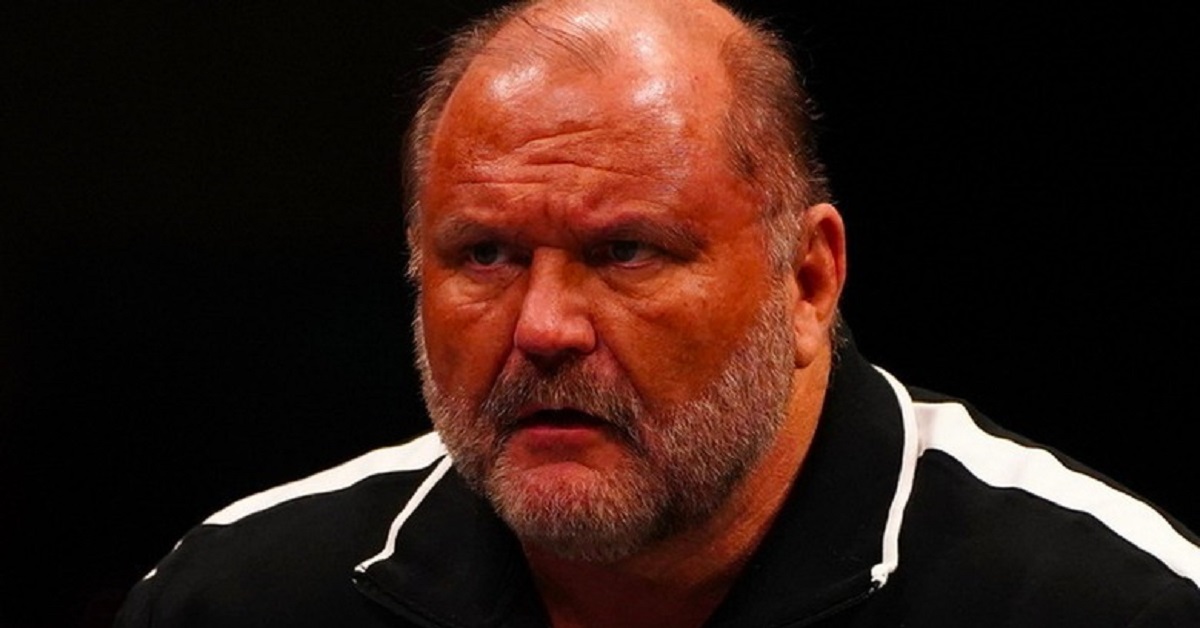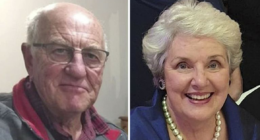A terrorist’s sense of grievance at having his passport confiscated almost a decade ago could help a court decide whether to impose ongoing restrictions on him following his release from prison.
Attorney-General Mark Dreyfus is seeking to impose a 12-month extended supervision order on Ghazzawy through the NSW Supreme Court, to mitigate what may be an ongoing risk to the community.

Prosecutor Tim Begbie KC told a court hearing on Tuesday the three main factors contributing to Ghazzawy’s risk of reoffending are a sense of grievance, susceptibility to influence, and ongoing associations with “very serious terrorist offenders”.
In 2014, Federal Police officers stopped and detained Ghazzaway as he was trying to travel to Morocco, over concerns he intended to continue to Syria to fight with Islamic State.
Ghazzawy maintains he never intended to travel to Syria and has consistently expressed a belief he was racially and religiously profiled by the AFP.
Begbie pointed out that at the time ASIO had placed an adverse security assessment on Ghazzawy and he was subject to investigations into the “Khalid Group”.
“Clearly that did not come from thin air,” Begbie said.
Ghazzawy held a “sense of simmering anger” over his treatment by authorities at the time and had expressed a belief he was driven to offend by that treatment, Begbie told the court.
Justice Richard Button stated it would be “troubling” for Ghazzaway to maintain such a grudge almost 10 years later, even if it was the case he was only intending to take a holiday in Morocco as claimed.
“The alternative thesis was this man was completely at ease, he had the passport problem, and suddenly he became radicalised,” Justice Button said.
Ghazzawy was convicted as part of the Khalid Group in 2015, when he was aged 19, along with then 22-year-old Sulayman Khalid.
He pleaded guilty to having crafted documents for the group, which among other things detailed plans for attacks on AFP headquarters and Lithgow jail.
The possibility Ghazzawy could continue to associate with Khalid and others may heighten his risk of rekindling extremist views, Begbie told the court.
On Monday, the court heard from forensic psychologist Kerri Eagle who said without ongoing supervision and restriction Ghazzawy may find it hard to turn down associating with people the court would find “problematic”.
“He’s built it up as part of his identity. It’s how he gets his self worth and value,” Eagle said.
“That’s very difficult to let go of.
“Putting people in jail with other people of similar problems and concerns can make that an even greater problem.”
A decision is due to be delivered by March 8.







